Are you looking for a storage unit that fits your schedule smoothly? Look no further than 24 Hour storage units.
The most significant benefit of 24 Hour storage is accessibility.
You may access your belongings at any time of day or night. It makes no difference if you need something on a holiday or over the weekend.
You never know when you might need to pick something up, and 24 Hour storage provides that flexibility. This blog will discuss everything you want to know about 24 Hour storage units, their benefits, costs, and pro tips.You can find the best self-storage unit companies in one place on My Good Movers.
What is Hour Storage Unit?
A 24 Hour storage unit is one that is open day and night, regardless of office hours. It's ideal for people with diverse needs or concerns about accessing their belongings in the evenings or on weekends.
This option can make the self-storage procedure easier and more convenient while also providing peace of mind to its customers.
How do 24 Hour Storage Units Work?
24 Hour storage units provide access to rented storage spaces around the clock, every day of the week. Here is how they typically work:
• Accessibility: 24 Hour storage units offer unrestricted access to your belongings any time of the day or night. This includes weekends and holidays when traditional storage facilities might be closed.
• Peace of Mind: Despite the round-the-clock access, security is never compromised in 24 Hour storage facilities. They have various security measures, including surveillance cameras, gated entry systems, and sometimes on-site personnel.
• Self-Service Options: Many 24 Hour storage facilities operate on a self-service basis. It means renters are given access codes or keys to enter the premises and storage units.
• Varied Unit Sizes: Like traditional storage facilities, 24 Hour units come in various sizes to accommodate different storage needs. Whether you need to store a few boxes or large furniture items, there's usually an option that fits your requirements.
Types of Storage Units With 24 Hour Access
Let us discuss the types of storage units that offer 24 Hour storage facilities.
- Self-Storage Facilities: Self-storage facilities are the most common type of storage unit with 24 Hour access. They provide individual storage units in a secure facility, allowing customers to access their belongings anytime.
- Outdoor Storage Yards: Some storage facilities offer outdoor storage yards for larger items such as vehicles, boats, or RVs. These yards are often accessible 24/7 for customers' convenience.
- Mobile Storage Containers: Companies that provide mobile storage containers may offer 24 Hour access to their units. These containers are typically delivered to the customer's location and can be accessed anytime.
- Climate-Controlled Storage Units: Facilities with climate-controlled storage units may also provide 24 Hour access. These units are ideal for storing temperature-sensitive items such as electronics, artwork, or furniture.
- Business Storage Units: Some storage facilities cater specifically to businesses and offer 24 Hour access to accommodate their varying schedules and operational needs.
- Drive-Up Storage Units: Drive-up storage units allow customers to easily access their belongings by driving directly to the unit. Many facilities offering this feature provide 24 Hour access for added convenience.
- Warehouse Storage: Larger warehouse-style storage facilities may offer 24 Hour access for businesses or individuals with extensive storage needs.
If you are looking for specific storage types, you can also check the following:
Average Cost of 24 Hour Storage Units
The average cost of 24 Hour storage units can vary significantly depending on numerous variables such as location, unit size, amenities, and storage facility reputation. Here is a rough estimate based on general market trends:
| Storage Type | Average Cost per Month |
|---|---|
| Self-Storage Facilities | $50 - $200 |
| Outdoor Storage Yards | $50 - $300 |
| Mobile Storage Containers | $75 - $250 |
| Climate-Controlled Units | $75 - $300 |
| Business Storage Units | $100 - $400 |
| Drive-Up Storage Units | $50 - $250 |
| Warehouse Storage | $100 - $500 |
(Note: These are approximate values, and the actual figures may vary depending on the location and additional features each storage facility offers.)

Need extra space fast? Search 24 Hour storage near me" to find places where you can access your belongings anytime.
Benefits of Renting 24 Hour Storage Units:
Renting a 24 Hour storage unit can offer several benefits:
- Accessibility: One of the primary advantages is access at any time of the day or night.
- Convenience: 24 Hour access provides unparalleled convenience. You can visit your storage unit whenever it's most convenient for you without adhering to a storage facility's typical business hours.
- Emergency Situations: In emergencies such as natural disasters or sudden moves, having access to your belongings at any time can be crucial. A 24 Hour storage unit ensures you can quickly access your items whenever needed.
- Business Use: 24 Hour storage units can be invaluable for businesses that operate around the clock or have irregular schedules.
- Security: While not all storage facilities offer 24 Hour security monitoring, many do. Knowing that your belongings are secure even during the late hours can offer peace of mind.
- Flexibility: Whether you are a night owl or an early riser, having access to your storage unit around the clock allows you to manage your belongings on your schedule.
Tips for Making the Most of 24 Hour Storage
Making the most of 24 Hour storage requires organization, optimization, and security. Here are some tips:
- Plan Ahead: Before storing anything, create a plan. Know what items you're storing, how often you need access to them, and how much space you will need.
- Label Everything: Use clear, descriptive labels on boxes and containers. This makes it easier to find items later without digging through everything.
- Use Stackable Containers: Utilize stackable containers to maximize vertical space and keep things organized. Clear containers are especially helpful for easily identifying what's inside.
- Create Aisles: Leave aisles between rows of boxes so you can easily access items without moving everything around.
- Consider Climate Control: If you are storing items that are sensitive to temperature or humidity, such as electronics, documents, or certain types of furniture, consider a climate-controlled storage unit.
- Security Measures: To protect your belongings, invest in quality locks and security features for your storage space.
- Rotate Items: If you have items you need to access frequently, keep them towards the front of your storage space for easy retrieval. Rotate less frequently used items towards the back.
For more storage tips and tricks, check our storage guide.
Factors to Consider before Hiring a 24 Hour Storage Unit Facility
Let us discuss the factors you should consider before hiring a 24 Hour storage unit facility.
- Location: Choose a facility that is conveniently located near your home or workplace to minimize travel time and expenses.
- Security Measures: Ensure the facility has adequate security measures, such as surveillance cameras, access control systems, and on-site security personnel.
- Accessibility: Confirm that the facility offers 24 Hour access to your storage unit. Some facilities may have restricted access hours, which may not align with your schedule.
- Unit Size and Type: Determine the size and type of storage unit you need based on the items you plan to store. Make sure the facility offers units that meet your requirements.
- Cleanliness and Maintenance: Visit the facility to assess its cleanliness and maintenance standards. A well-maintained facility is more likely to protect your belongings from damage.
- Insurance Options: Inquire about insurance options for your stored items. While the facility may have insurance coverage, it's essential to understand what is covered and whether additional insurance is needed for your specific needs.



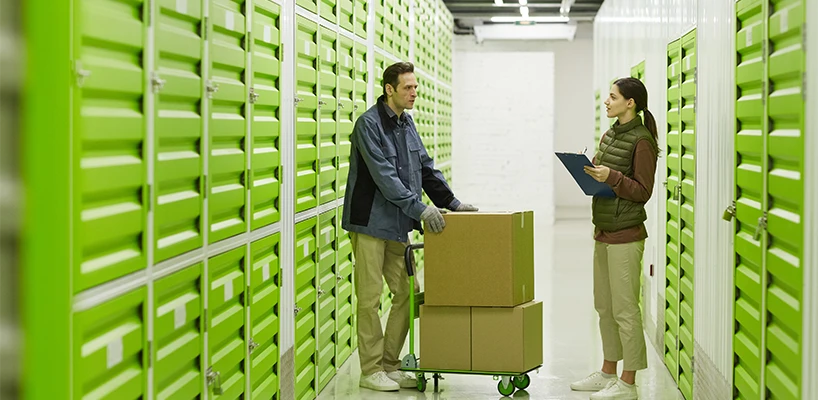








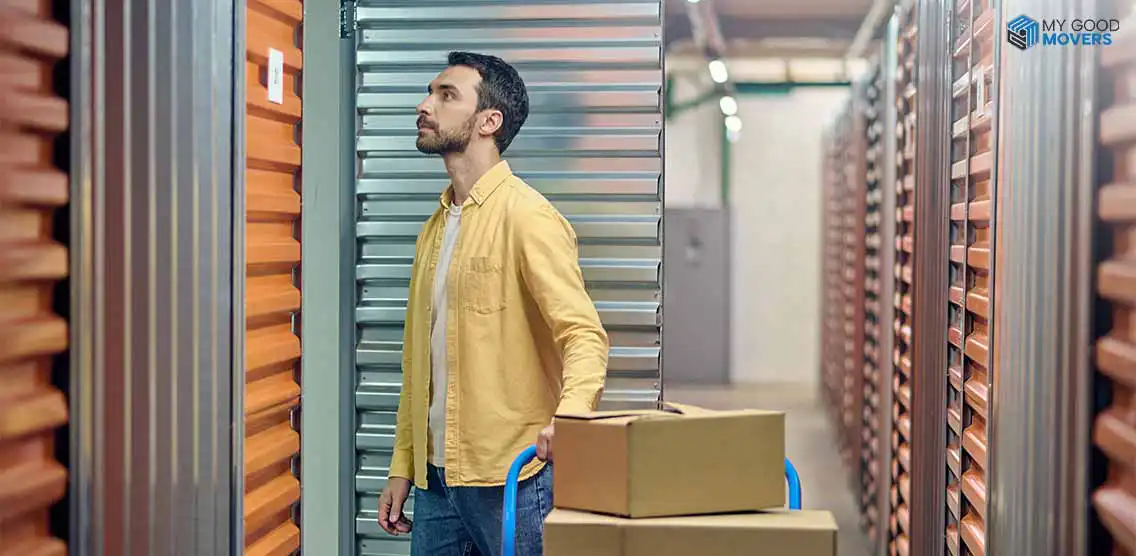


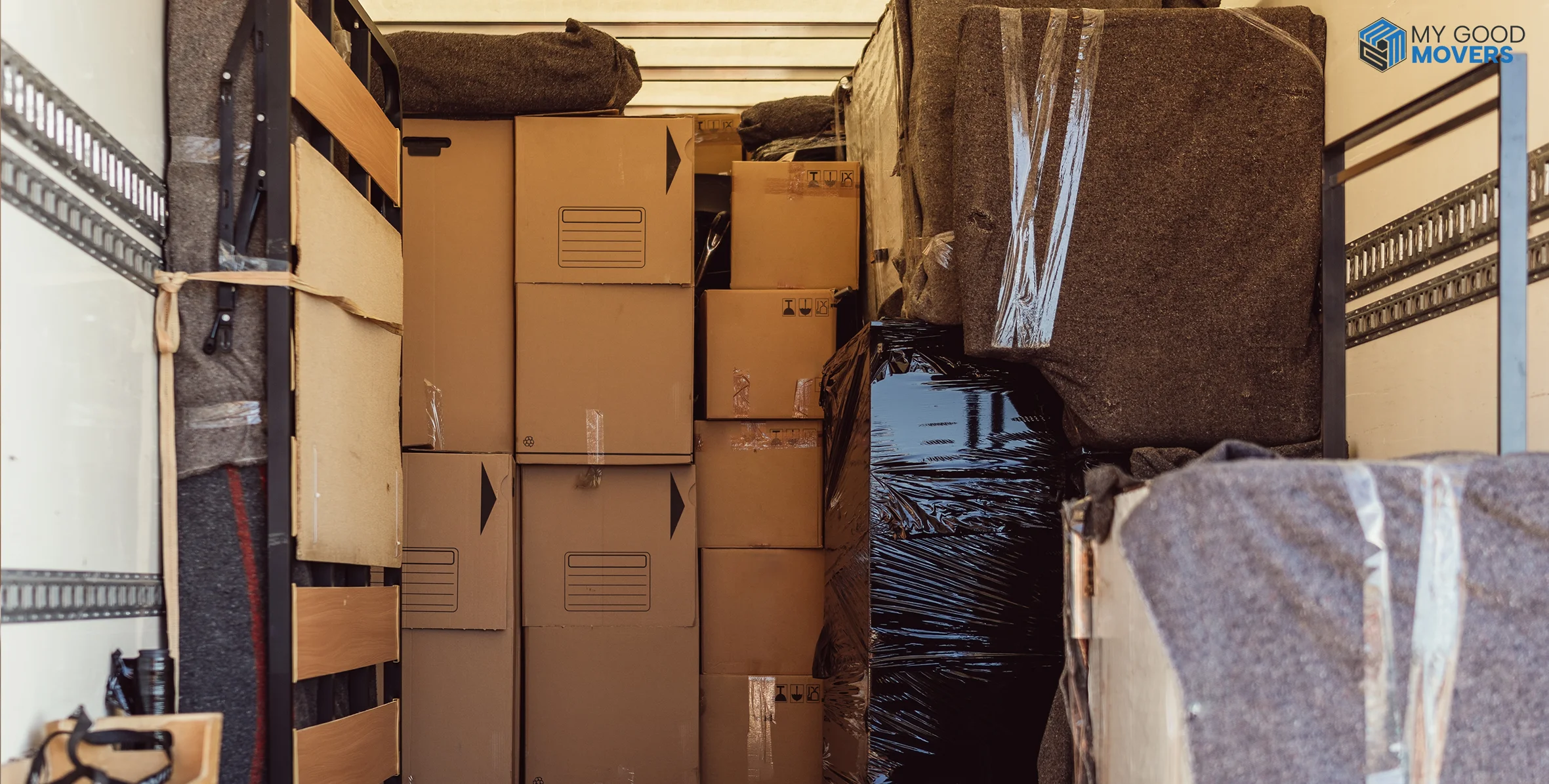
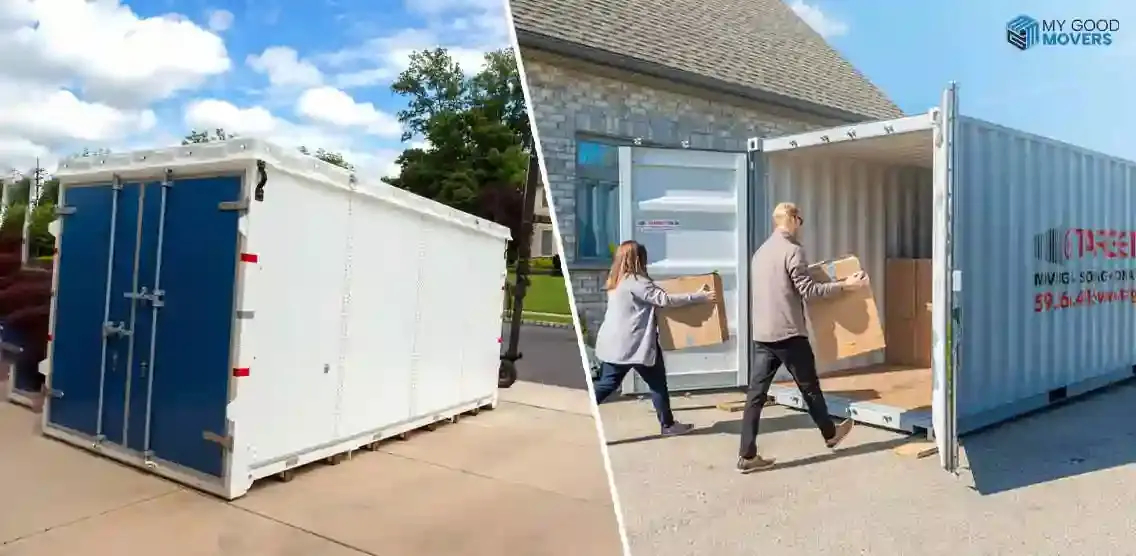
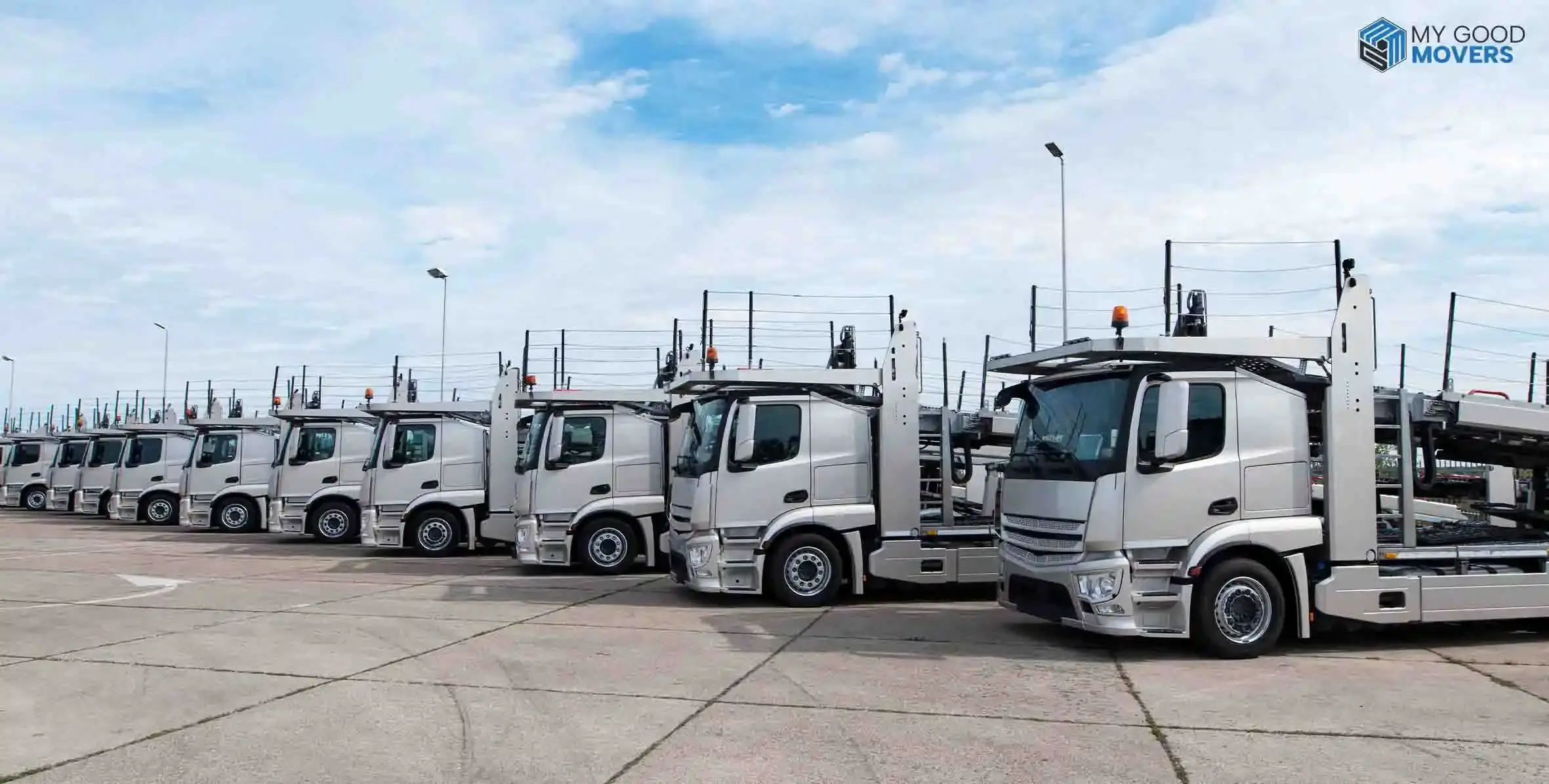


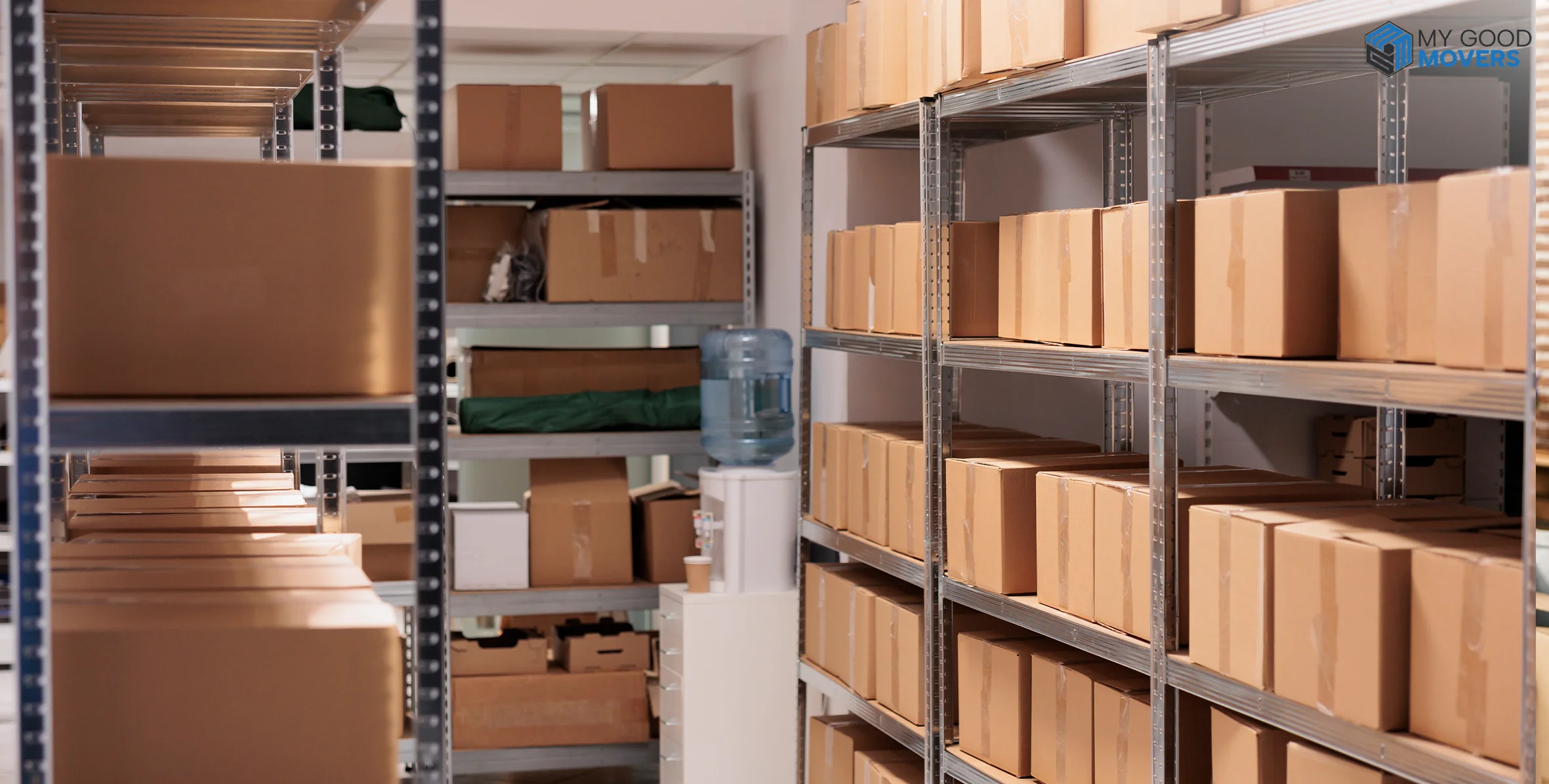



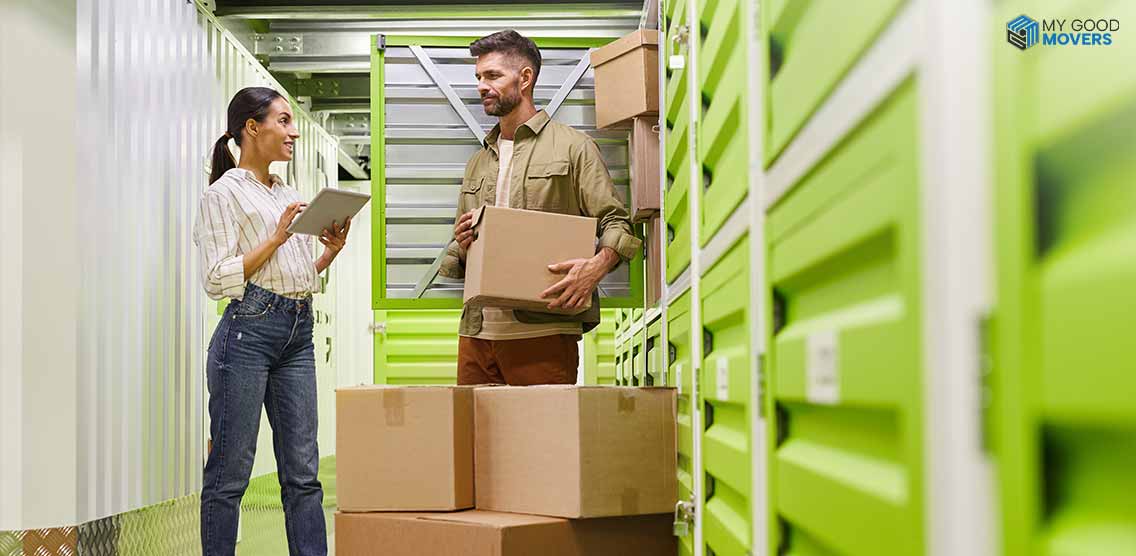
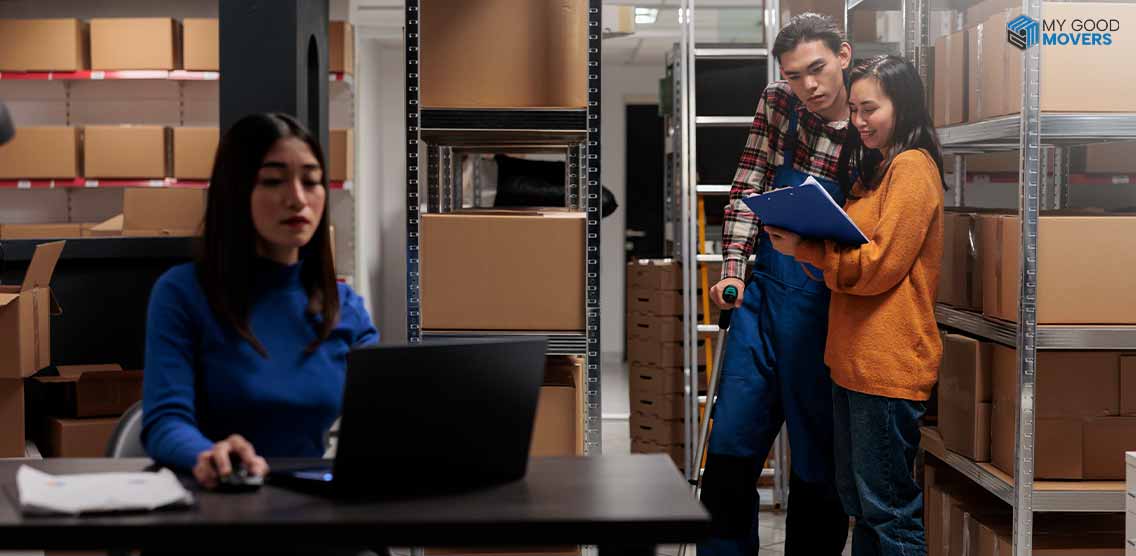
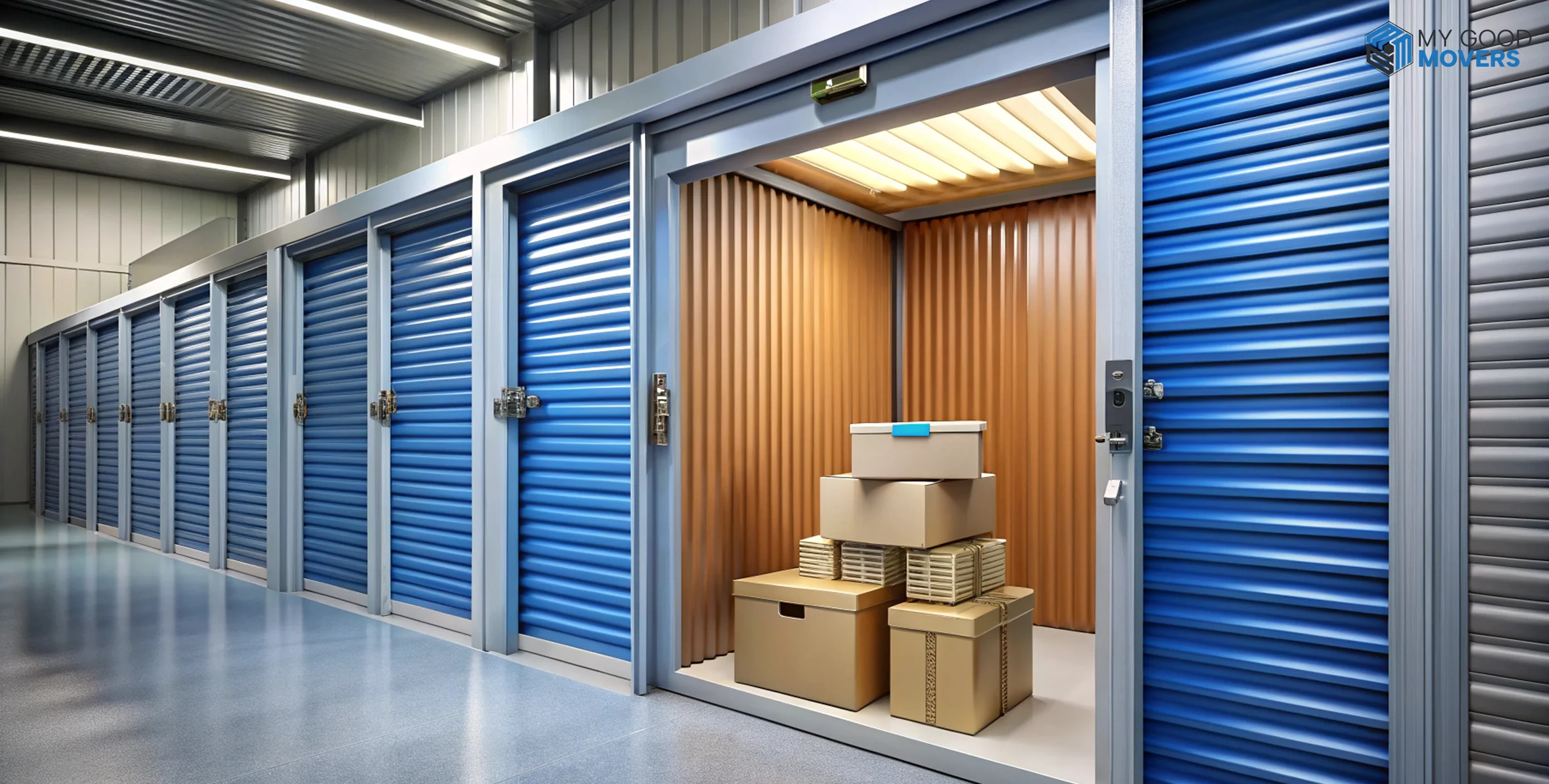
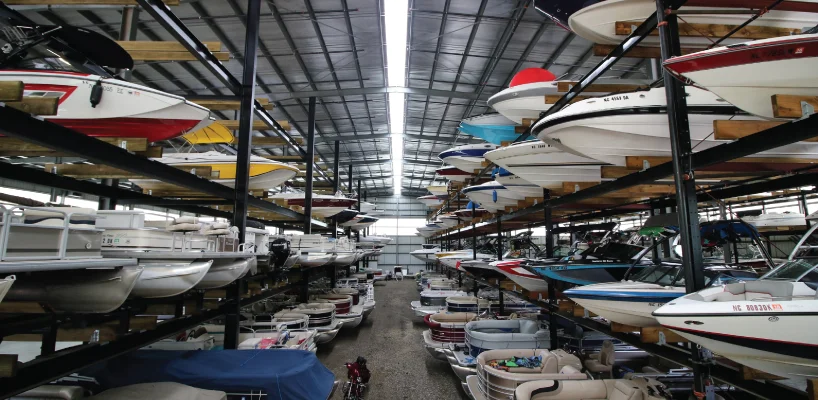

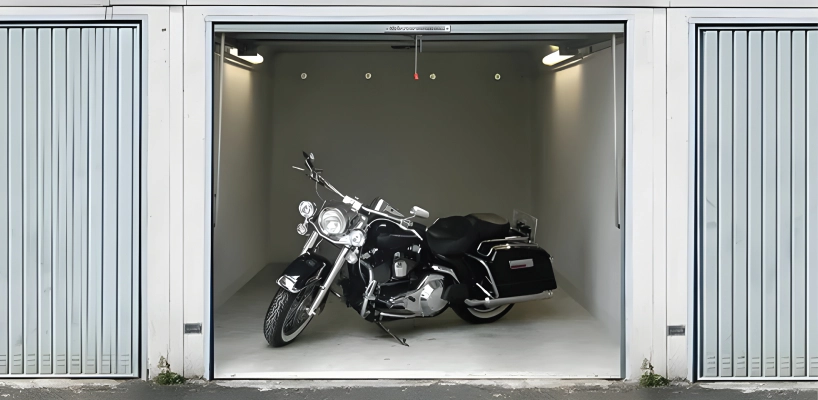

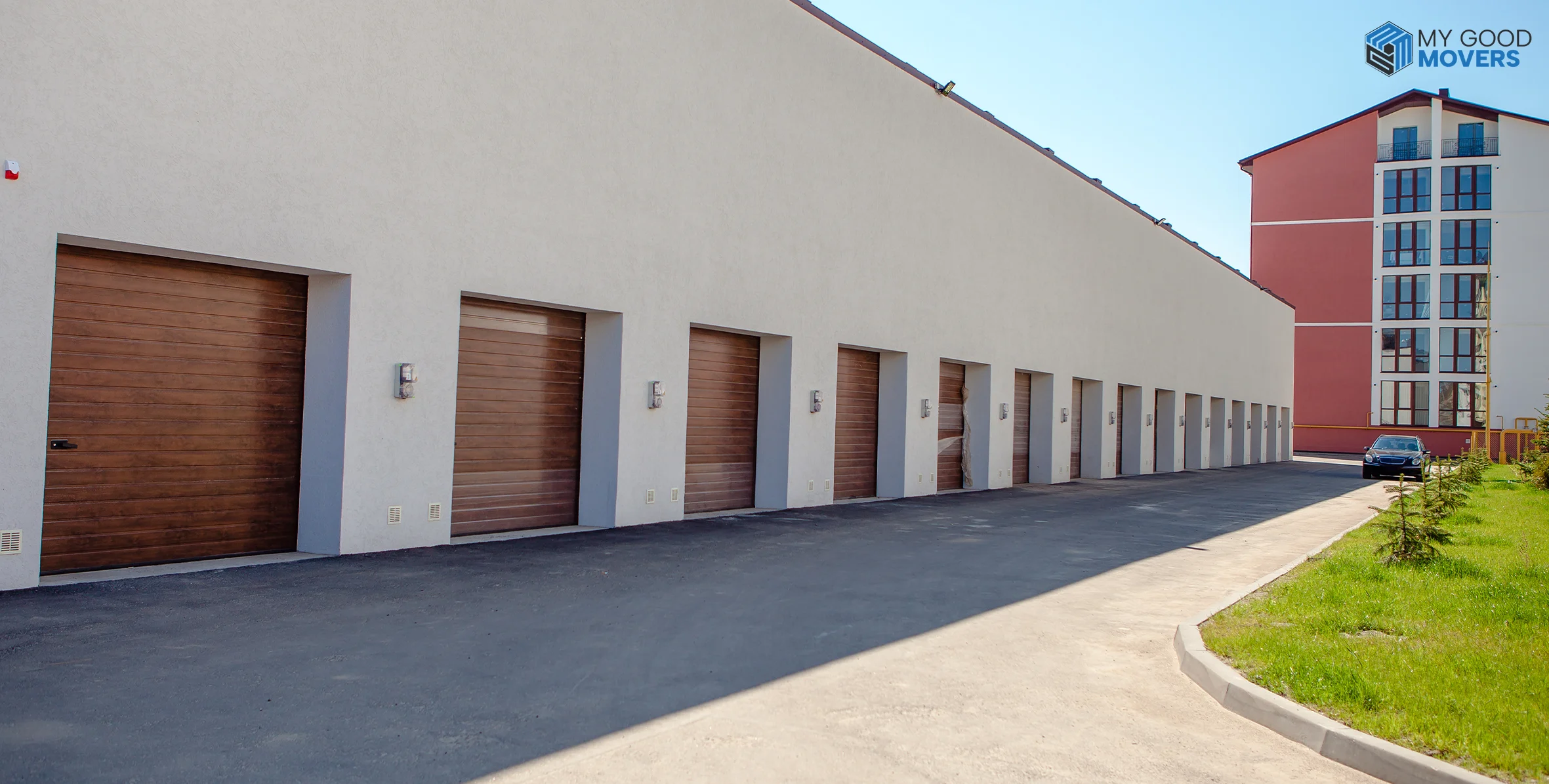
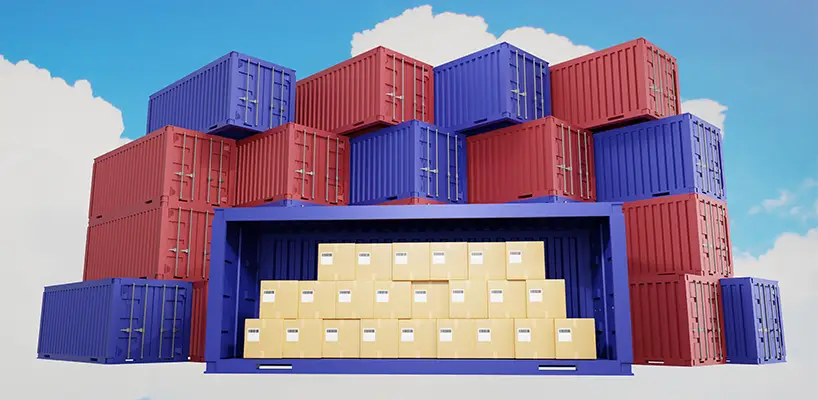
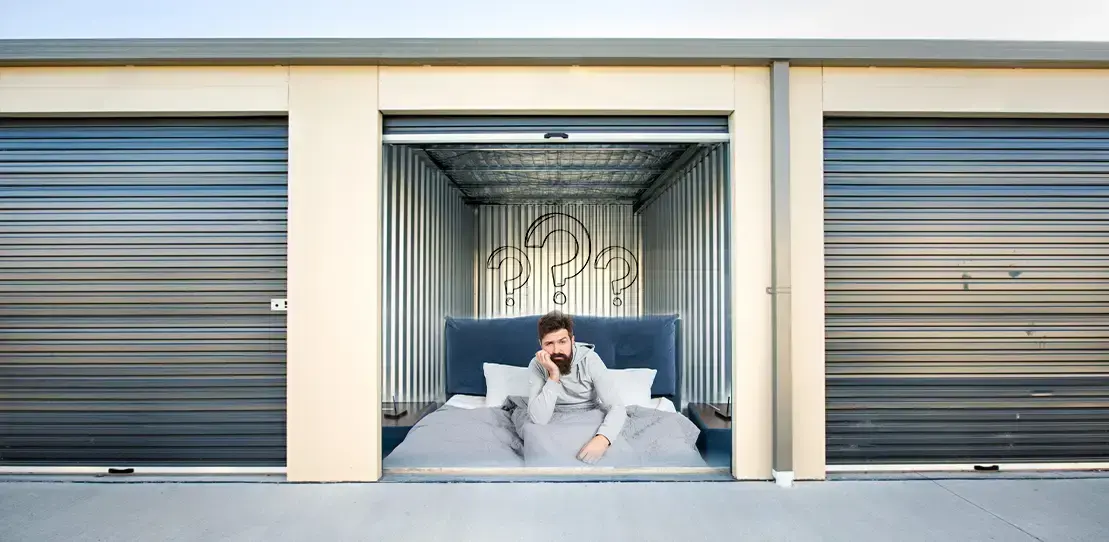

 (239) 799–6077
(239) 799–6077